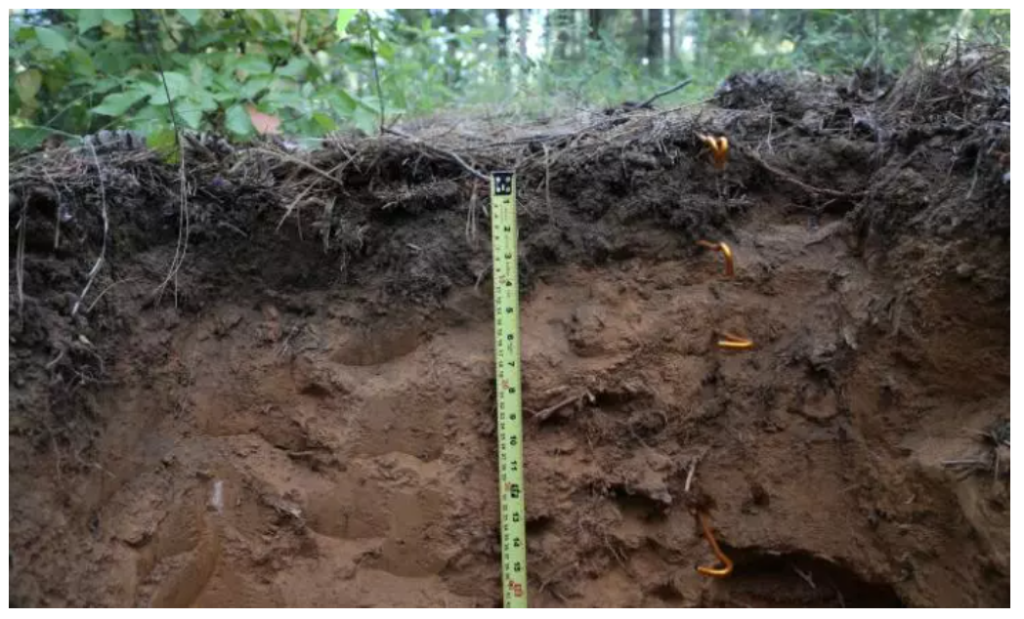The increased temperature alters the soil carbon turnover, that would release enormous amount of carbon from the soil with the warming going upward unabated.
Global warming affects the planet in myriads of ways and one of the most dangerous aspects is the positive feedback from the planet in terms of further enhancing the warming of the planet. One such way is the altering of the ‘soil carbon turnover’.
Earth’s soils contain more carbon than the atmosphere, almost two to three times greater. With the temperature increasing the carbon in soils tend to decompose faster and eventually reducing the time carbon spends in the soil, referred to as soil carbon turnover. Altering the soil carbon turnover would release enormous amount of carbon from the soil with the warming going upward unabated.
A research conducted by a group of University of Exeter has reported in Nature magazine about the possible consequence of the altering of the soil carbon turnover. The study published on November 2 says that a global rise in temperature of 2 degree Celsius (above pre-industrial level) would lead to 230 billion tonnes of carbon release from the soil of Earth.
“Our study rules out the most extreme projections — but nonetheless suggests substantial soil carbon losses due to climate change at only 2°C warming, and this doesn’t even include losses of deeper permafrost carbon,” commented Dr. Sarah Chadburn, one of the authors of the paper.
The estimated level of 230 billion carbon release from soil with a 2 degree rise in global temperature is said to be four times than the total emissions from China and more than twice that of USA over almost a century. The study adds to the findings that figure out how sensitive the soil carbon turn is to the climate change. Also, it reveals a staggering positive feedback that global warming can bring along.
In the climate models where projections about climate change are made based upon scientific estimations, soil carbon response to change in climate remains the greatest area of uncertainty in understanding the carbon cycle.
To address this aspect of climate projection, the researchers used a tactics where a combination of observational data and earth system models is applied. The earth system models simulate the climate and the carbon cycle and with this they make predictions about climate change. The team investigated how soil carbon is related to temperature taking data from different geographical locations. Based upon it they worked out how sensitive soil carbon is to global warming and climate change.
Previous models of climate change prediction suggest an uncertainty of carbon budget at 2-degree global warming. The present study reduces this uncertainty and this way it leads a progress of few steps.
Commenting on it, Professor Peter Cox, another author of the paper said, “We have reduced the uncertainty in this climate change response, which is vital to calculating an accurate global carbon budget and successfully meeting Paris Agreement targets.”
Article Credit: newsclick.in
